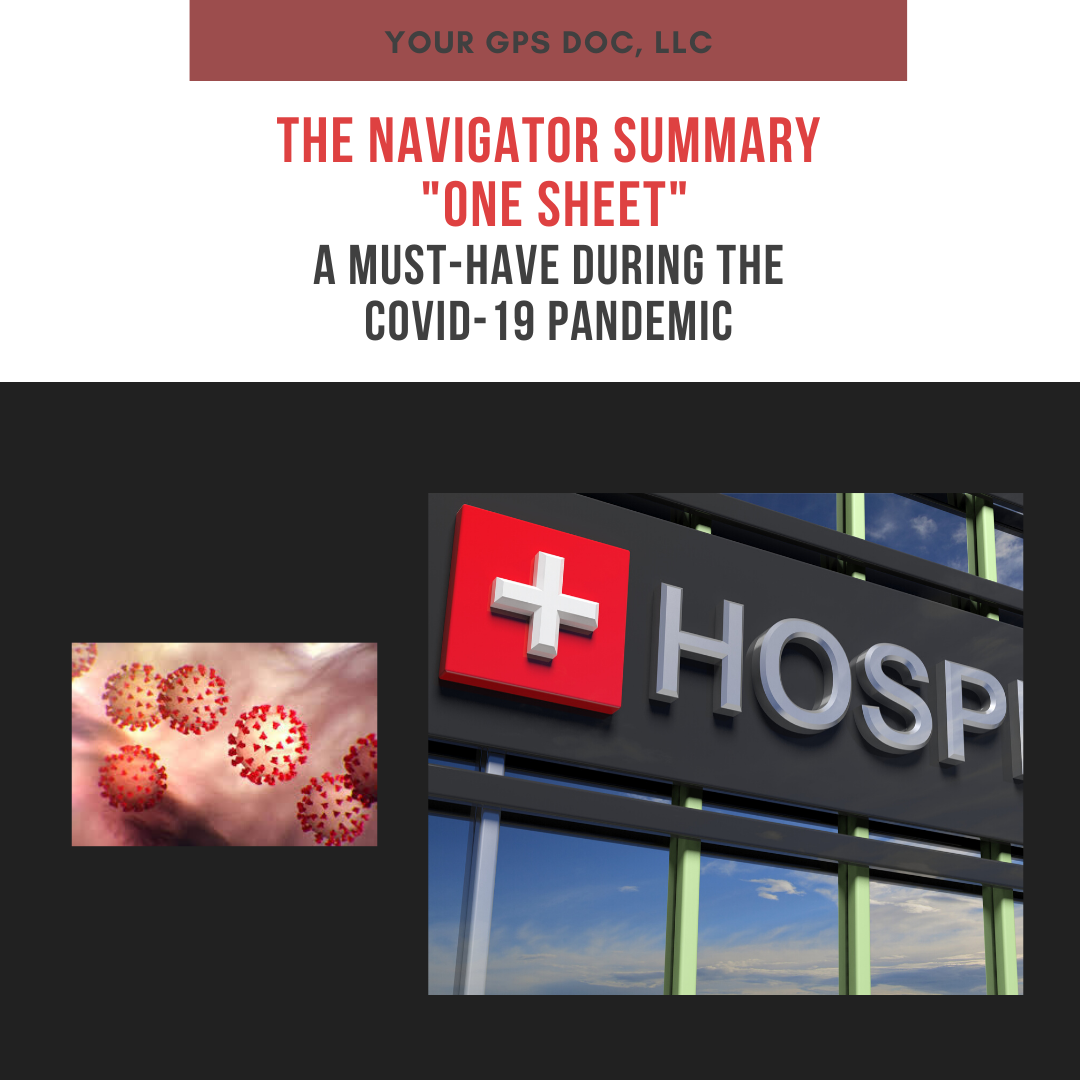Part 1 in a 3-part series in recognition of Health Literacy Month
Before I became a caregiver for my dad, I had only peripheral knowledge of his medical challenges. I remember getting frustrated with him during conversations about his declining health. I would ask about his most recent visit with his primary care doctor and he would share disjointed bits of information about a new medication he was started on or a new specialist he had to see. My first question would invariably be, “What did the doctor say was wrong with you?” and his response was often, “I don’t know.” These interactions caused me to become very frustrated with both my dad and his physician. The best case scenario (but suboptimal, nonetheless) was that the doctor explained his diagnosis, but my father forgot what he was told. I also considered that the doctor may not have thoroughly explained my father’s diagnosis to him in a way he could understand. This led to the second question I would often ask my dad: “Did you ask?”
During a typical doctor’s appointment, you will be given a lot of information in a short period of time. The information may be littered with medical jargon that is difficult to understand. In addition, you may be feeling stressed out about your health and the outcome of the visit. This is a recipe for disaster. It will be nearly impossible for you to remember everything, but there are a few key things you absolutely must know, understand, and remember in order to care for yourself effectively.
The National Patient Safety Foundation developed a health literacy campaign, “Ask Me 3”, to encourage patients and family members to ask their health providers 3 specific questions in order to be active participants in their health care. Today’s article will focus on question #1.
Question #1- What is my main problem?
This is arguably the most important question you can ask your doctor. Every aspect of your medical care is related to the answer to this question. Your diagnosis will determine treatment, the need for additional tests, necessary lifestyle modifications, and future health risks. For hereditary conditions, your diagnosis may even impact the health of your children.
Despite the fact that this is a critically important question, many do not know the answer. Studies show that less than half of patients discharged from the hospital can state their diagnosis when asked. The statistics are not much better for patients in the outpatient setting. There are many reasons for this knowledge gap and most of them have to do with our faulty healthcare system. Shortened appointments, the electronic medical record, non-essential administrative tasks, and many other distractions have interfered with doctor-patient communication.
There has also been a shift from the “old school” paternalistic culture in which doctors took complete control and told patients what to do, to a patient-centered approach in which information is presented and patients are expected to participate in decision-making. This is a positive change, but only if patients are prepared to partner with their doctors and other healthcare providers in a meaningful way. You cannot make decisions about your healthcare without key information, and you won’t get the information you need if you don’t ask.
When you see a doctor, whether it’s your primary care physician, a specialist, or a physician in the Emergency Department, do NOT leave without asking, “What is my main problem?” Ask the doctor to explain your diagnosis in non-medical terms that are easy to understand. For example, diabetes should be explained as a condition in which your blood sugar is abnormally high, either due to a lack of or resistance to insulin, the hormone that allows your body’s cells to use glucose or sugar. Ask follow-up questions until your understanding of your diagnosis is so clear that you can explain it to your loved ones. Don’t feel that you are bothering your doctor. The word “doctor” means “to teach”. It is literally our job, and being an educated and empowered patient is yours.
This article is the first in a 3-part series in recognition of Health Literacy Month. Health literacy is defined as “the degree to which individuals can obtain, process, and understand basic health information and services needed to make appropriate health decisions.” For more information about health literacy, please read my article, Do You Understand What Your Doctor is Saying to You?
Have you joined the Your GPS Doc Family? If not, please click here to receive notifications about new content as well as useful guides and additional resources only available to Your GPS Doc subscribers.








Leave A Comment